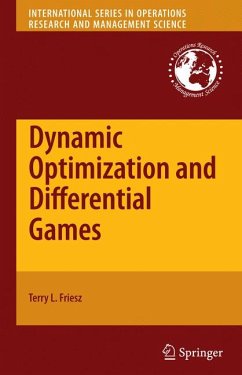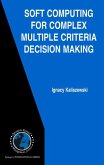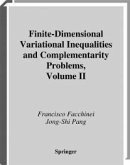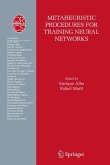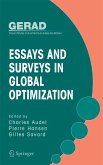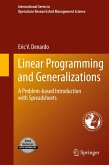The book emphasizes deterministic theory, computational tools and applications associated with the study of dynamic optimization and competition in continuous time. It develops the key results of deterministic, continuous time, optimal control theory from both the classical calculus of variations perspective and the more modern approach of infinite dimensional mathematical programming. These results are then generalized for the analysis of differential variational inequalities arising in dynamic game theory for open loop environments. Algorithms covered include steepest descent in Hilbert space, gradient projection in Hilbert space, fixed point methods, and gap function methods.
Dieser Download kann aus rechtlichen Gründen nur mit Rechnungsadresse in A, B, BG, CY, CZ, D, DK, EW, E, FIN, F, GR, HR, H, IRL, I, LT, L, LR, M, NL, PL, P, R, S, SLO, SK ausgeliefert werden.
"This book contains an introductory chapter and nine other chapters, divided into three parts. ... The intended readers are graduate students and researchers interested in modeling and computing in continuous time. ... I strongly recommend this book to readers interested in dynamic optimization in continuous time. I found it excellent on many counts, especially its detailed modeling analysis and its computational aspects. ... used as a textbook for a one-semester course on mathematical programming and optimal control." (Georges Zaccour, SIAM Review, Vol. 54 (2), 2012)
"This book is devoted to optimal control and differential game problems with emphasis on economic applications such as revenue management, oligopoly pricing, production planning, supply chain management, and dynamic network problems. The author describes (differential) variational inequalities as basic tool for solving these problems. ... The book presentation is given at a student's level, contains many significant examples and exercises, so that it can be used as a textbook." (Igor V. Konnov, Zentralblatt MATH, Vol. 1207, 2011)

